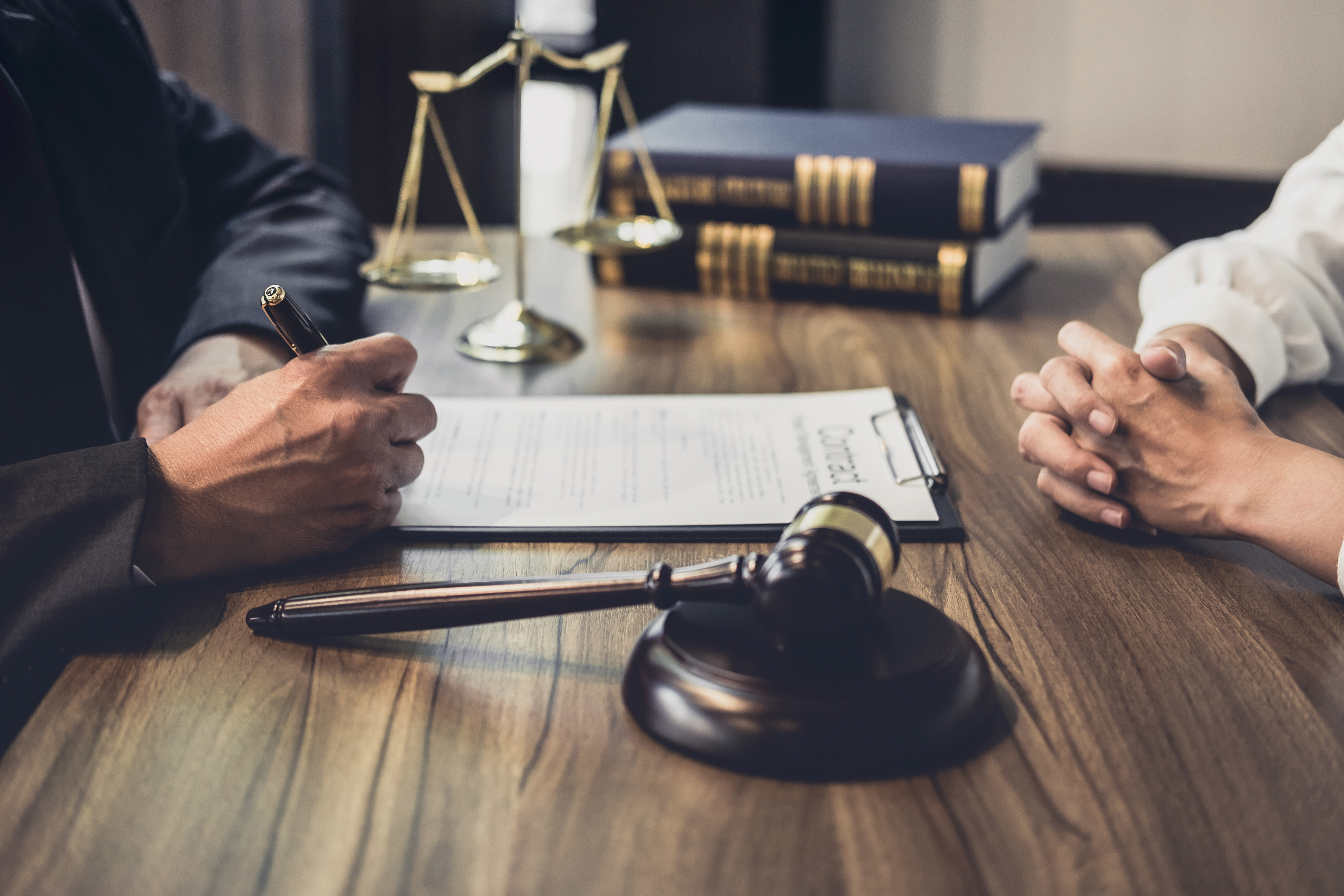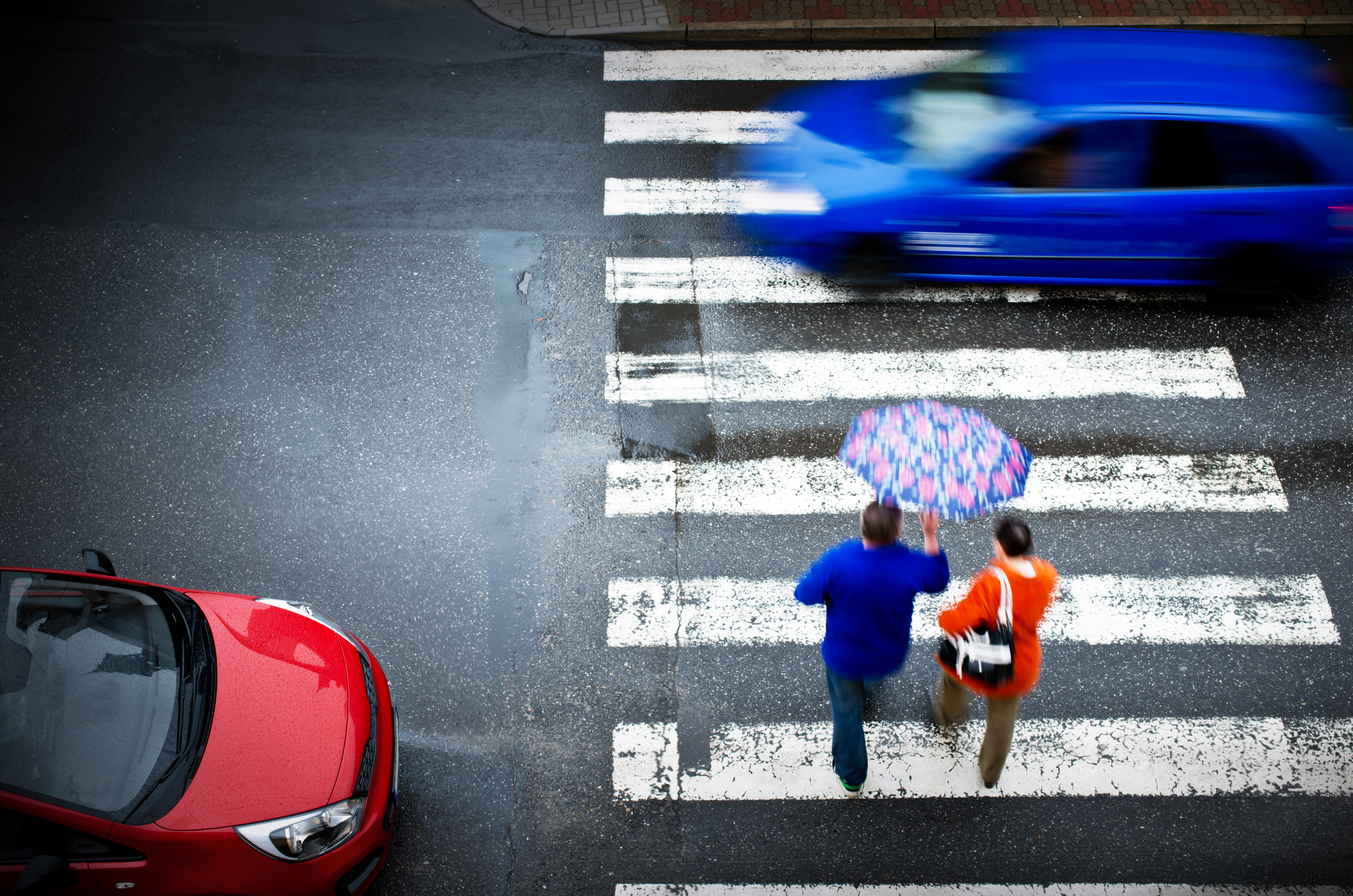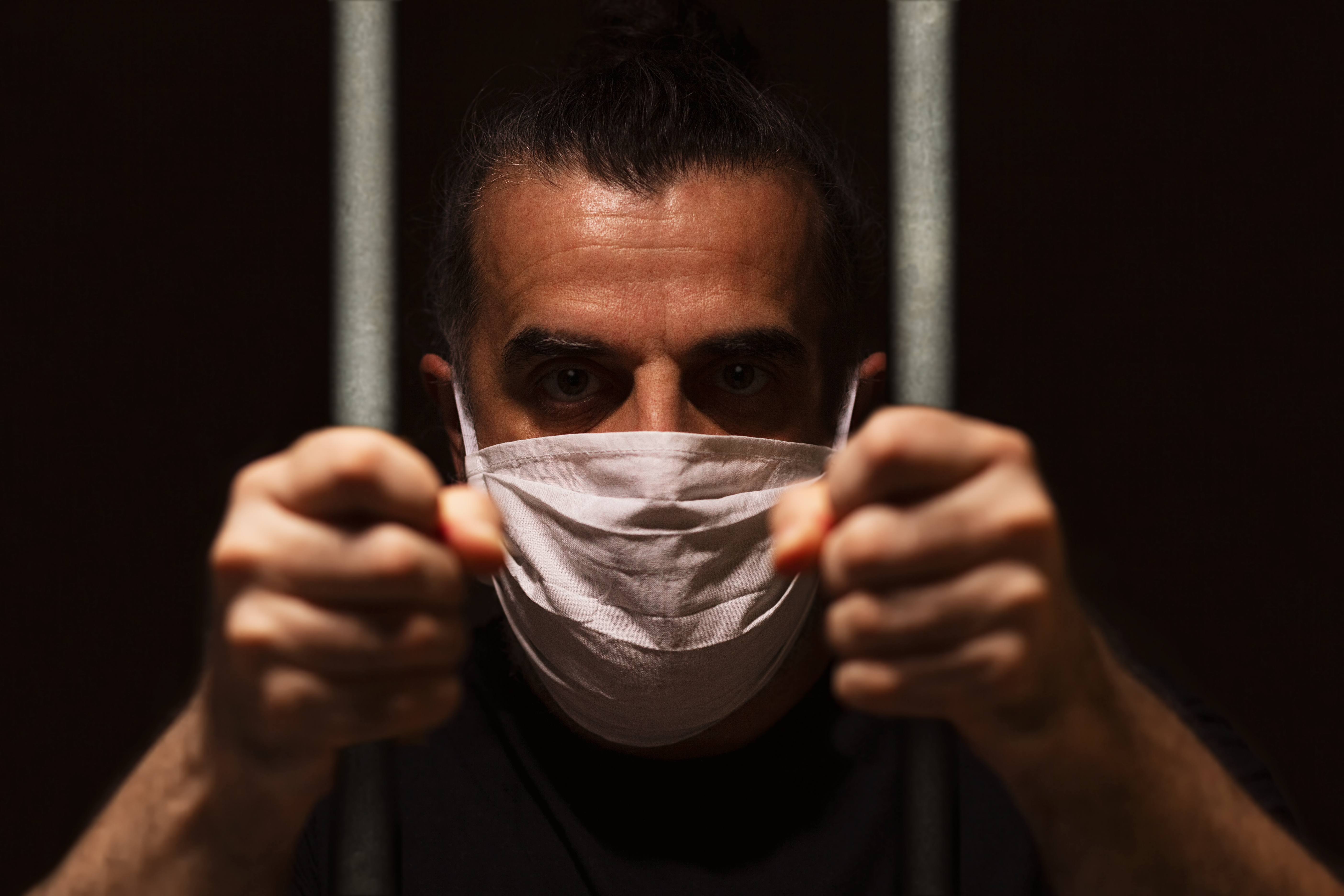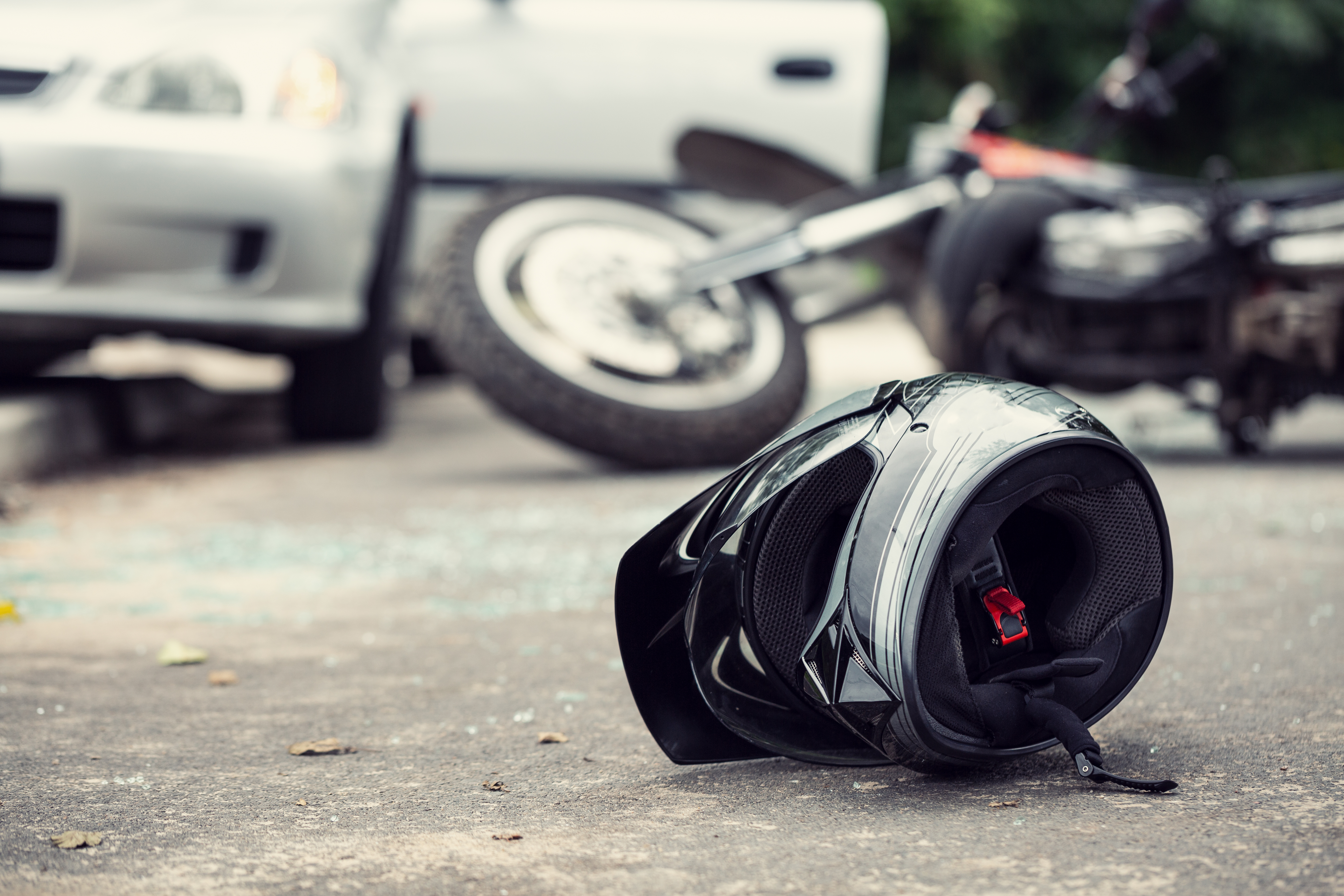Dangerous Driving Occasioning Grievous Bodily Harm – s 52A Crimes Act 1900 (NSW)
Dangerous Driving offences are very serious, they carry serious penalties and cause significant stress to you and family.
Our team comprises of our highly experienced senior traffic lawyers, combined with Australia’s best leading experts in accident reconstruction. This makes us leaders in the industry, placing you in the best possible position in winning your case and getting the best outcome.
Our specialist traffic lawyers have a significant amount of experience in dangerous driving cases having successfully proven our clients innocence in court time and time again.
We focus on getting charges dropped early
Our senior team of traffic expert lawyers have persuaded the police to drop the charges on countless occasions by carefully reading the police evidence and pointing out the things that just don’t make sense. Our number one focus is to first devise a strategy with a practical approach to getting your charges dropped. Our proven track record of getting charges dropped is a reflection of our high success rate.
Dangerous Driving occasioning Grievous Bodily Harm
Section 52A Crimes Act 1900 (NSW) says that it is an offence if you drive your vehicle and are involved in an impact causing grievous bodily harm (GBH) to the victim due to you driving in any one of the following circumstances:
- Under the influence of alcohol, or
- At a speed dangerous to another person, or
- In a manner dangerous to another person
Your Options in Court
To be found guilty for this offence, police must prove to the court, beyond reasonable doubt, each of the following three elements of this charge:
- Vehicle you were driving was involved in an impact with the victim
- The impact caused grievous bodily harm to victim
- At the time of driving you were either:
- Under the influence of alcohol or drugs, or
- You drove your vehicle in a speed or manner that created a danger to other users of the road.
You will be found not guilty if any one of the above elements are not proven by the police. It is important to have an experienced traffic lawyer who is able to carefully pull apart the police case in such ways, through thorough examination of police witnesses and analysis of reports, to find all the holes in the police case, and ultimately prove your innocence.
Defences to this charge
It is a defence to this charge if the injury caused by the collision is not attributed by:
- The speed you were driving
- Manner in which your vehicle was driven by you. i.e. if there was a mechanical defect in your car that caused you a sudden loss of control and is in no way due to any fault by you.
- The fact that you were not under the influence of alcohol or drugs
Other defences of duress or necessity may also apply to you.
It is critical to speak to a specialist traffic lawyer who will provide you with realistic and practical advice on all possible defences that may be available to you. Our specialist traffic lawyers have extensive experience in traffic law and can provide immediate and on the spot advice putting you on the best path to proving your innocence or getting your charges dropped.
The courts in Australia take dangerous driving very seriously which is why it’s critical that you immediately seek realistic and practical advice from a highly experienced specialist traffic lawyer to explain how strong or weak the police case really is, and tell you all your options before you resort to pleading guilty. If pleading guilty, you should know the following when preparing your case.
25% discount on punishment
The earlier you enter the plea of guilty to the court, the more discount on punishment you will get under the law. This means a much better, more lenient punishment by the Judge.
This is why it’s important to receive practical and realistic experienced advice from a specialist traffic expert lawyer early in your case.
Good character references
A good character reference is an excellent way to tell the Judge what kind of person you really are despite your offending conduct on this one occasion.
A powerfully written, well structured character reference can result in a much more lenient punishment if properly guided by an experienced specialist traffic law lawyer who can explain what things to comment on, what not to comment on, format of each reference and which people to get references from to have the best effect. Each reference should be reviewed with feedback.
Negotiate to drop charges
Our team of specialist traffic lawyers are absolute experts when it comes to negotiating to drop or downgrade charges. They have mastered the art of this over the years with a proven track record of successfully getting charges like this dropped and even downgraded to something less serious, such as negligent driving, resulting in a much more lenient punishment.
This can be achieved by carefully reading and pointing out the problems in the police evidence, together with a specialist report from one of the best accident reconstruction experts in Australia.
Negotiate facts
When a Judge considers your punishment, he or she will first read the police facts of what happened. This document called the ‘police facts’ is often drafted by police, and can often be one sided painting you in the worst light to the Judge.
These police facts can, and often do get changed through extensive negotiations with police to put you in a much better light resulting in a much more lenient punishment. This can be achieved by using a powerfully written accident reconstruction report by a leading expert in the field.
Psychologist reports
A psychologist or psychiatrist report written by an experienced leading expert can significantly improve your outcome allowing the Judge to give a lighter punishment for the following reasons:
- It can give an expert opinion as to whether you are suffering a mental condition both at the time of the offence, and right now which allows the Judge to reduce your punishment under the law.
- It is a great way of expressing your remorse and insight into your offending conduct with an opportunity to also express your perspective of what happened and why you behaved in this way providing an explanation, not justification, allowing the Judge to further reduce your punishment.
Reconstruction expert reports
The most important things you can do to improve your position is getting an expert accident reconstruction report from a highly experienced and well regarded leading expert in this field.
A well drafted report can have a very powerful effect in negotiating the charges to either getting it dropped or downgraded, to changing the police facts and putting you in a better light. This can, and on almost all occasions for our clients, has resulted in a much better outcome.
Maximum penalty
The maximum penalty the court can impose is up to 7 years imprisonment if the case is dealt with in the District Court.
If the case stays in the Local Court, the maximum penalty the Local Court can impose is 18 months imprisonment. The maximum is reserved only for the most serious cases and is not normally given.
Something you should know
The Higher Courts of Australia have provided a guide for all other courts to follow with these kinds of charges. The case of R v Whyte [2002] NSWCCA have made it clear that generally when imposing a penalty, a court is to impose a term of full time imprisonment unless the offender has a low level of criminal responsibility for the accident. This includes, momentary inattention or misjudgement.
This case also says that it is appropriate for a court to impose a penalty of at least 2 years imprisonment for this charge where the offender’s criminal responsibility is high. Circumstances which increase your criminal responsibility include:
- Extent and nature of the injuries inflicted
- Number of people put at risk
- Degree of speed and alcohol or drugs in your system
- Aggressive driving
- Escaping police pursuit
Our specialist traffic lawyers on countless occasions have achieved section 10’s for their clients resulting in no loss of licence. With their expertise in traffic law, they will maximise your chances of getting the best possible outcome.
Types of penalties
The court, after hearing submissions by your lawyer and reading all your reports and character references, can impose any one of the following penalties on you:
- Section 10 Dismissal
- Conditional Release Order
- Fine
- Community Correction Order
- Intensive Correction Order
- Full Time Imprisonment
Our specialist traffic lawyers are highly experienced and well regarded in putting forward strong and compelling submissions to the court. This is backed with expert reports negotiating the facts of the accident most favourable to you.
We will tailor our preparation of your particular case in a way that will maximise your chances of getting the best possible result. We have, time and time again, obtained exceptional results for charges of Dangerous Driving, avoiding prison sentences.
FAQ
This is considered to mean serious or permanent injury. The seriousness of the injury on the other person will determine whether or not police will charge you for this section. If there is no GBH, you will be found not guilty.
Here the court will look into your actions, the management and control of your vehicle, and the circumstances you were in at the time when considering whether your driving actions had the degree of negligence for this offence. The court will look at this from an objective point of view. i.e. “should you have known better?” This offence requires a higher degree of fault than negligent driving.
Case of R v Buttsworth [1983] says that all that is essential is proof that the acts of the driver constitute danger, real or potential, to the public. But whether such danger exists depends on the circumstances of the case. Some of the factors the court will look into include:
- Condition of your vehicle i.e. whether you knew that your breaks were out of order
- The immediate result of the driving i.e. the impact may indicate the quality of your driving
- Conditions of the roadway and car
- The amount and nature of traffic that might be expected
- Your speed
- The observance of traffic signals
To be found guilty for Dangerous Driving, the police must prove that you had a higher degree of negligence than negligent driving.






